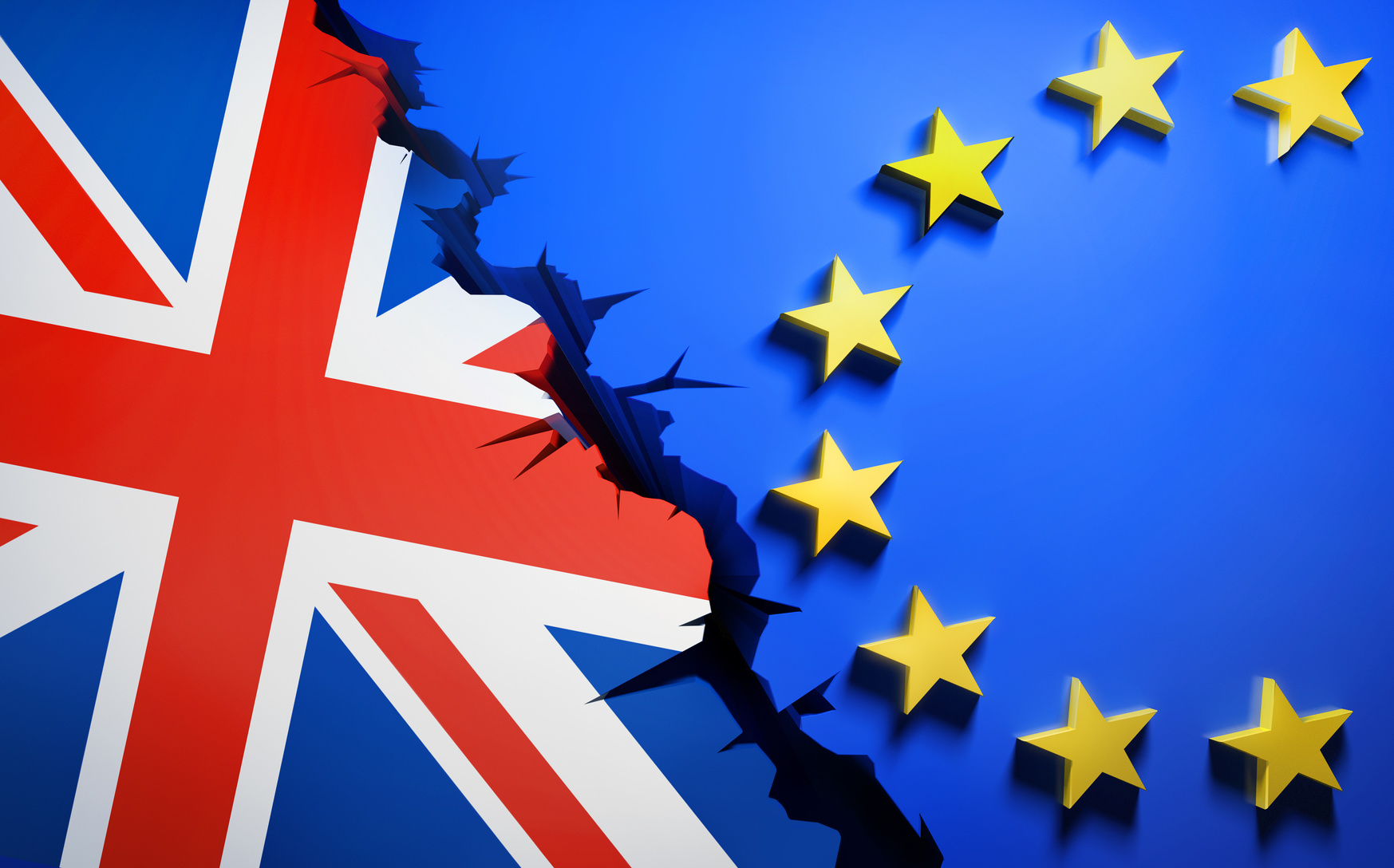
In her January Brexit speech, the Prime Minister said that the UK would not seek continuing membership of the EU Customs Union and Single Market, but would try to negotiate a “bespoke” settlement for each.
Here, the Institute’s Senior Director of Special Projects, Mike Josypenko, examines some of the possible consequences of saying goodbye:
Any decision to move away from the EU Customs Union makes it almost certain that some form of customs clearance will be needed for goods sold to or bought from the EU. Negotiating an agreement that retains the current processes appears overly optimistic.
Look at the countries which have the closest trading relationship with the European Union, such as those in the European Economic Area – EEA (Norway, Iceland and Liechtenstein). They have collectively negotiated relationships with the EU, which allow them many of the benefits of the Single Market, plus some exemptions, such as in agriculture and fisheries.
Even that close relationship has not resulted in “open borders access” to the Customs Union as goods travelling between Norway and the EU must still undergo customs clearance. Also, in negotiating their relationship with the EU, EEA countries have had to accept commitments on movement of people and contributions to the EU budget - which the UK government would be reluctant to accept.
If a customs process is necessary, the nature of controls will depend on negotiations. In the worst-case scenario, goods arriving from the EU would need to undergo full customs clearance at the point of entry, in the same way as any goods arriving from non-EU countries. Apart from the administrative and cost burden for businesses, this would also place huge strains on HMRC, as the sheer volume of declarations would be expected to soar from 90 million to 300 million yearly. There could also be substantial strain on the UK’s port and logistics infrastructure.
Many anticipate that a “softer touch” simplified process might be achievable, especially given that most intra-EU trade has proceeded without any form of customs formalities for more than 20 years. Some experts suggest that future intra-EU customs declarations could be done on a retrospective basis, similar to current Intrastat VAT formalities.
Goods sold to the EU could also be subject to the same levels of import duty as imports from the US. Those imported from the EU would also attract UK import duty, although once separated we would, theoretically, have the freedom to set our own import tariffs, in line with WTO rules.
Hopefully, some form of trade agreement can reduce tariffs bilaterally. However, it is likely that any arrangement would depend on the origin of the goods being traded, which is similar to the benefits enjoyed by the EEA and Switzerland. Tariff-free status would apply only to goods that are of UK or EU origin, which would exclude many products imported from other countries that are then distributed onwards within the EU.
Another issue is the VAT implication for EU trade. If its future purchases are treated the same as non-EU imports, VAT might have to be paid at the point of arrival, instead of the current monthly retrospective basis. This could have cash flow implications for many SME traders, especially those who do not have access to a VAT or duty deferment facility.
A further problem for SMEs is the future of trade agreements negotiated by the EU with more than 50 overseas countries. Many businesses take advantage of preferential tariff rates when exporting to, or importing from, countries with a trade agreement with the EU. Legal experts are divided on whether the UK would continue to have access to existing EU Free Trade Agreements after Brexit.
It is likely that any FTA we negotiate with other countries, such as the US, would see preferential tariffs limited to goods that are of UK origin only. As such, manufacturers may have to rethink their supply chains carefully in the years ahead.
Members can stay abreast of developments and consequences in the months ahead via our blogs and news - or by attending the Institute’s series of Post Brexit Planning Workshops and many other invaluable events and training courses. All are designed to give exporters a competitive advantage in challenging times.

